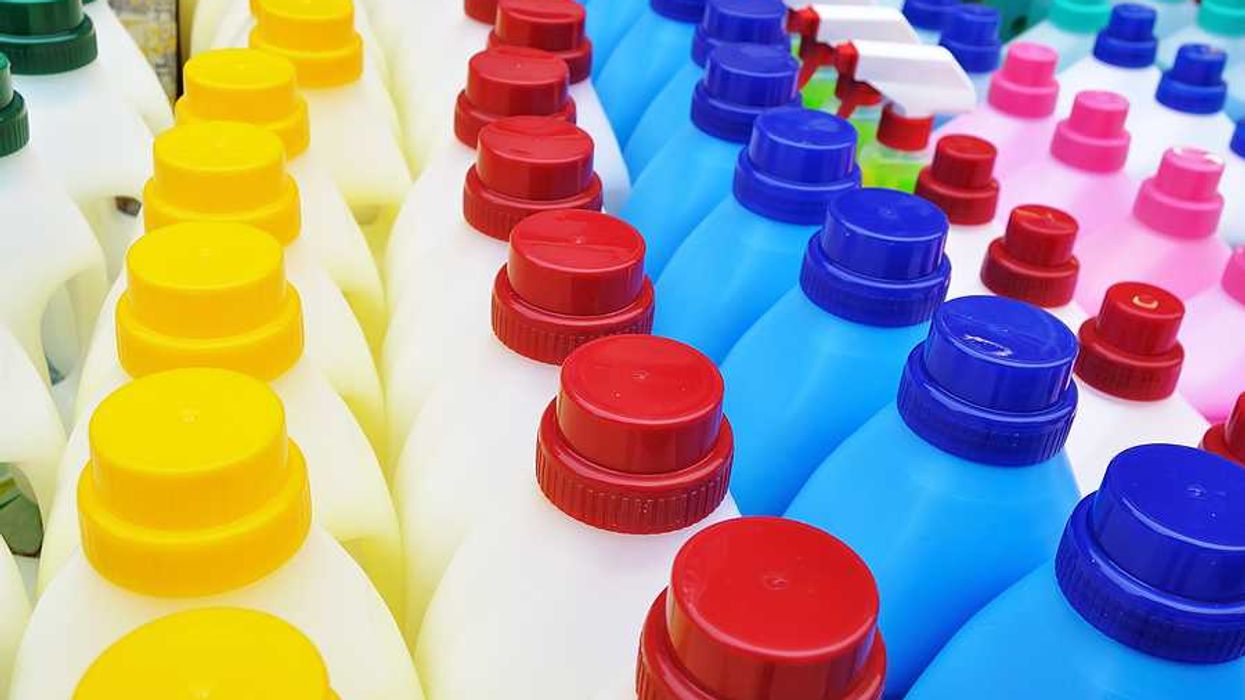The European Union ban on bisphenol A (BPA) from all materials that come into contact with food took effect last week. It cited BPA's endocrine-disrupting properties and links to serious health issues.
Gregoire Lory reports for Euronews.
In short:
- BPA, a chemical used in food containers, cans and coatings, has been banned by the EU as of January 20, 2025.
- The ban aims to minimize exposure to the chemical, which has been associated with health problems including breast cancer and diabetes.
- Calls are growing for the EU to extend the BPA ban to toys and other consumer goods.
Key quote:
"Bisphenol A has been on the list of substances of very high concern under REACH, the EU's flagship chemicals legislation, since 2006 for its reproductive toxicity, and since 2017 for its endocrine disrupting properties for human health."
— Sandra Jen, head of the Health and Chemicals Programme at the Health and Environment Alliance
Why this matters:
The European Union’s decision to ban bisphenol A in food packaging marks a significant move in addressing public health and environmental concerns tied to the widespread use of the chemical. BPA, commonly found in plastics and epoxy resins, has been scrutinized for its role as an endocrine disruptor, interfering with hormonal functions in ways that can lead to reproductive, neurological and developmental issues. Studies have also linked BPA exposure to an increased risk of certain cancers, obesity and cardiovascular problems.
Related EHN coverage: Everyone is likely overexposed to BPA – EU














